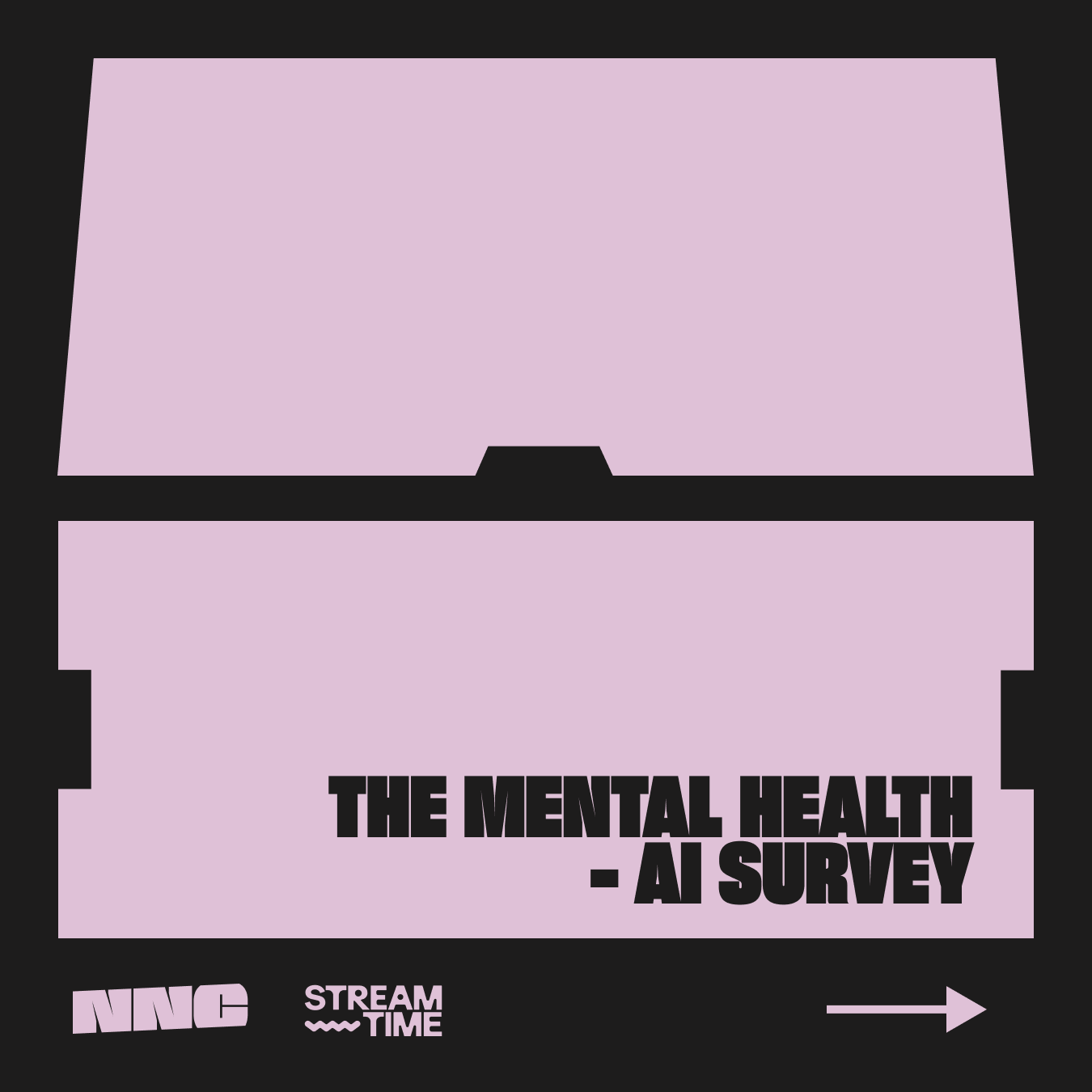Creativity is undoubtedly the most important part for social progression and all aspects of human life. It generates ideas and possibilities and represents innovation and problem solving. Albert Einstein famously said “Imagination is more important than knowledge. For knowledge is limited to all we know & understand, while imagination embraces the entire world, and all there ever will be to know & understand.”
Studies have shown that artists and writers are up to 10x at risk for having depression and anxiety. Creatives experience depression at a rate far greater than the general population.
The reasoning behind this, is a result of creatives’ desire to find meaning within themselves or through their work. Certain personality traits such as perfectionism, and the desire to fulfil expectations of themselves, creates a higher rate of pressure and stress. Creatives are also seen to be more in touch with their feelings and emotions, making them prone to experience things more in depth compared to others.
Creativity and flow have been isolated by neuroscientists to live in the prefrontal cortex of our brain. Overall, the area acts as a control center that keeps our most basic emotions and impulses in check. When the body is physically or mentally stressed, this part of the brain is the first to shut down i.e. triggered into ‘fight, flight, freeze’ modes. The shutting down of the prefrontal cortex not only reduces the very function that helps creatives do their work well, but it also reduces higher cognitive functioning, such as problem solving, organization and critical thinking, which helps us navigate out of stress. Maladaptive coping mechanisms can become appealing as they are an easy way out. For example, using substances, avoidance/ procrastination and acting in other impulsive manners. In short, the negative cycle of getting stuck starts to spiral.
So what can you do to help unleash your creativity? Meditate!
Evidence has shown the intentional use of meditation and other practices, such as creating a positive mindset and healthy daily routines, can help develop a stronger prefrontal cortex, help to improve both academic and life outcomes and reduce stress and anxiety.
How?
- Meditation increases grey matter in the prefrontal cortex, giving the ability to boost rational decision making.
- Meditation helps promote emotional well-being by clearing away information overload and for our brain to rest and recuperate.
- Meditation has been proven to increase creativity, focus and patience and produces sharper memory. So if you ever find yourself stuck, take 10- 20 minutes to ground yourself and meditate and by doing so being able to recenter yourself and have a more clearer mindset. Over time you’ll create a stronger resilience from exposing yourself to stress.
Here are some free apps to help start your practice:
How to start being mindful:
- Just breathe – try the box breathing technique for a few minutes each day
- Body scan meditation. For example, check out this body scan meditation by Smiling Mind.
- Have a walk outside or be around nature
- Close your eyes and notice thoughts come in and out of your head without judgment
- Savour moments using your 5 senses
About the Author: Dr. Aileen Alegado is a registered clinical psychologist and the Director of Mindset Consulting, a boutique practice based in Sydney CBD. Outside of her practice, Aileen is also an experienced speaker and presenter, passionate about raising awareness for mental health within the community.











